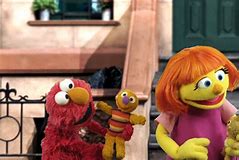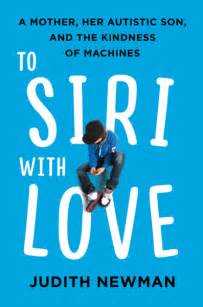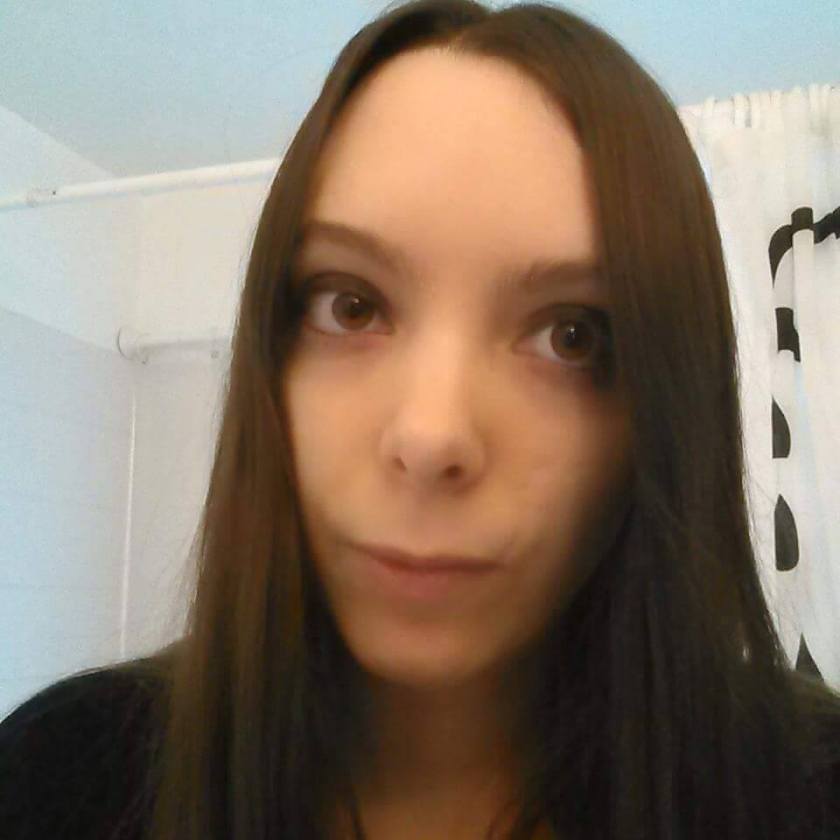
For my latest interview as part of my “One Faith, Many Paths” project, I’m interviewing Lamar Hardwick, an autistic pastor in Lagrange, Georgia at New Community Church. Their website can be reached here: http://www.ncclagrange.com/contact-us
1. What was your childhood like?
My father was in the military so I grew up traveling around the world. We moved every 3 years and sometimes we lived outside the country. I spent a few years living in Germany when I was in elementary school. My father was also a minister, so we grew up going to church every Sunday. As a child, I rarely understood my peers. While I had a few friends, I don’t remember having really strong friendships because we moved so often. I have three siblings, but I was always the quiet one and spent most of my time alone reading books.
2. When were you diagnosed autistic?
I was diagnosed in 2014, when I was 36 years old.
3. What made you decide to become a preacher?
In 2001, after graduating college I began to sense a calling from God to dedicate my life to serving the church. At that time, I was becoming regularly involved in my church and I had a sense of fulfillment in the work that I was doing. It took me nearly a year to understand exactly what my calling was, but by that time I was sure that God had called me to become a preacher.
4. Does being autistic present a challenge in your profession and in interacting in your congregation?
In some ways being autistic does present challenges for me because I have to spend extended amounts of time around larger crowds and it can sometimes become overwhelming to me. Autism can also present a challenge when communicating with people because I often don’t read social cues and body language very well. There have been times when people misinterpret things I say or vice versa. Now that everyone in my church understands me better, they know that the best way to communicate with me is to be direct and to expect me to be direct as well.
5. I’ve often seen autistics who are either disdainful of Christianity or atheist. What reason do you think may cause this?
I think there are many reasons for this and most of the reasons that non-autistics are atheist is the same reasons that many autistics are atheists. I think that most people who are atheist base their beliefs on a negative life experience that they believe cannot be reconciled with the existence of God. Autistics tend to be very literal, so this can even provoke a stronger resistance to the idea of God. The problem with most people who come to the conclusion that God does not exist is that they are basing their rationale on very limited existence as well as a very subjective point of view. Most people don’t believe in God or have a disdain for Christianity because God doesn’t cooperate with them, but lack of cooperation doesn’t necessarily disprove that someone does not exist.
Continue reading “One Faith, Many Paths: Lamar Hardwick”



 This time around, I interviewed Kasey Smith, a good friend of mine who also participates in Special Olympics!
This time around, I interviewed Kasey Smith, a good friend of mine who also participates in Special Olympics! This time, I’m interviewing the Moderator for my Autistic Christians Facebook group, Steve Condrey.
This time, I’m interviewing the Moderator for my Autistic Christians Facebook group, Steve Condrey. My mom gets Reader’s Digest each month. In the October 2017 issue, they published an excerpt from Judith Newman’s book To Siri With Love. The excerpt piqued my interest, so I borrowed it from the library. On the exact day I started reading it, I saw a campaign on Facebook using the hashtag “#BoycotttoSiri” I read the articles about the book and was heartbroken. This mother can’t be this bad, can she? Spoiler alert–she is.
My mom gets Reader’s Digest each month. In the October 2017 issue, they published an excerpt from Judith Newman’s book To Siri With Love. The excerpt piqued my interest, so I borrowed it from the library. On the exact day I started reading it, I saw a campaign on Facebook using the hashtag “#BoycotttoSiri” I read the articles about the book and was heartbroken. This mother can’t be this bad, can she? Spoiler alert–she is. ABC has a TV series that I think will be a force for good in autism advocacy: The Good Doctor. Based on the Korean TV series of the same name, its main character is Dr. Shaun Murphy, played by Freddie Highmore. Dr. Shaun Murphy is an autistic doctor who is working at St. Bonaventure Hospital.
ABC has a TV series that I think will be a force for good in autism advocacy: The Good Doctor. Based on the Korean TV series of the same name, its main character is Dr. Shaun Murphy, played by Freddie Highmore. Dr. Shaun Murphy is an autistic doctor who is working at St. Bonaventure Hospital.
